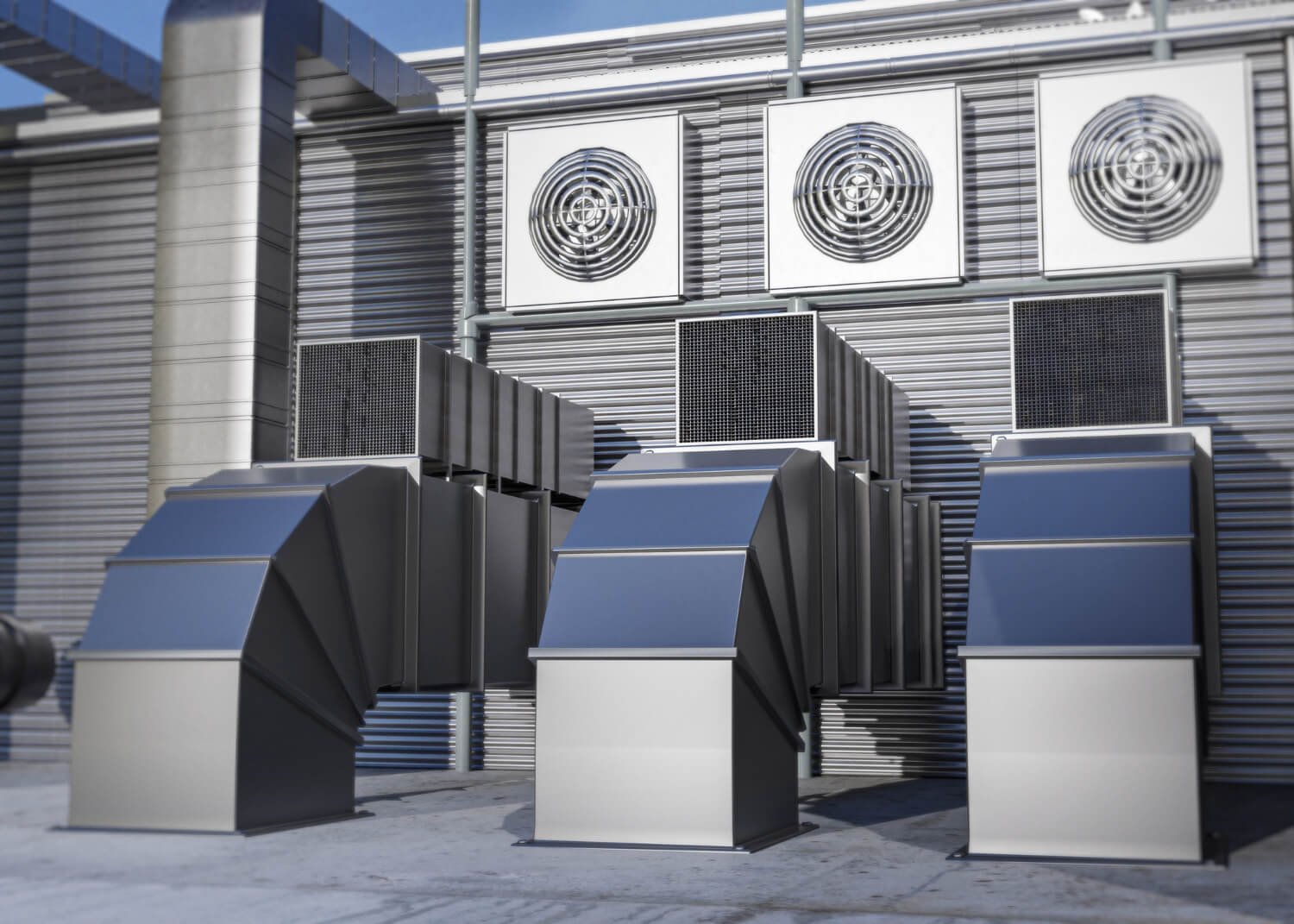
When it comes to maintaining a comfortable environment for your employees and customers, choosing the right commercial HVAC system is essential. In Port St. Lucie, businesses face unique climate challenges, and having an efficient heating, ventilation, and air conditioning system can significantly impact comfort and energy costs. Understanding your options will help you make an informed decision that suits your business needs.
Assess Your Space and Needs
Before you start looking at different HVAC systems, take the time to assess your space. Consider the size of your building, the number of floors, and how many rooms need heating and cooling. Different areas of your business may have varying heating and cooling requirements. For example, a large warehouse will have different needs than a small retail store.
Additionally, think about the nature of your business. A restaurant may require a more robust ventilation system to manage cooking odors and maintain air quality, while an office space might prioritize comfort and efficiency. Understanding these factors will guide you in selecting a suitable system.
Understand System Types
There are various types of commercial HVAC systems available, each with its advantages and disadvantages. Familiarize yourself with the most common options:
- Packaged Units: These are all-in-one systems that contain both heating and cooling components. They are often used in smaller commercial spaces and can be installed on the roof or ground level.
- Split Systems: These systems consist of an outdoor unit and one or more indoor units. They are suitable for larger buildings and allow for greater flexibility in zoning and temperature control.
- Variable Refrigerant Flow (VRF) Systems: VRF systems offer advanced technology and energy efficiency by allowing multiple indoor units to operate with one outdoor unit. They are ideal for larger buildings with varying temperature needs across different areas.
Choosing the right type depends on your building layout, budget, and specific needs.
Evaluate Energy Efficiency
Energy efficiency should be a top priority when selecting a commercial HVAC system. Look for units with a high Seasonal Energy Efficiency Ratio (SEER) rating for cooling and an Energy Efficiency Ratio (EER) for heating. More efficient systems can significantly reduce your energy bills and minimize your environmental impact.
In addition, consider systems that use smart technology. Programmable thermostats and zoning controls can optimize energy use by adjusting temperatures based on occupancy and specific business hours. These features can lead to substantial savings in the long run.
Plan for Installation and Maintenance
Installing a commercial HVAC system is a significant investment, so choose a reputable HVAC contractor in Port St. Lucie. They can help you select the right system and ensure proper installation. A qualified technician will also guide you through any necessary permits and local codes, helping you avoid potential issues down the line.
Maintenance is crucial for the longevity and efficiency of your HVAC system. Discuss maintenance options with your contractor, including routine inspections and servicing. A well-maintained system operates more efficiently and can prevent costly breakdowns.
Consider Your Budget
Cost is always a critical factor in selecting an HVAC system. While it’s essential to stick to your budget, avoid making decisions based solely on the lowest price. A cheaper unit may lead to higher operating costs over time due to inefficiency or frequent repairs.
Instead, balance your budget with the system’s long-term benefits. Investing in a quality, energy-efficient unit may require a higher upfront cost but can lead to significant savings on utility bills and maintenance.
Conclusion
Choosing the right commercial HVAC system for your Port St. Lucie business involves careful consideration of your space, specific needs, and budget. By understanding the different types of systems available, evaluating energy efficiency, and prioritizing professional installation and maintenance, you can ensure a comfortable environment for your employees and customers. A well-chosen HVAC system not only improves comfort but also enhances productivity and operational efficiency in your business.